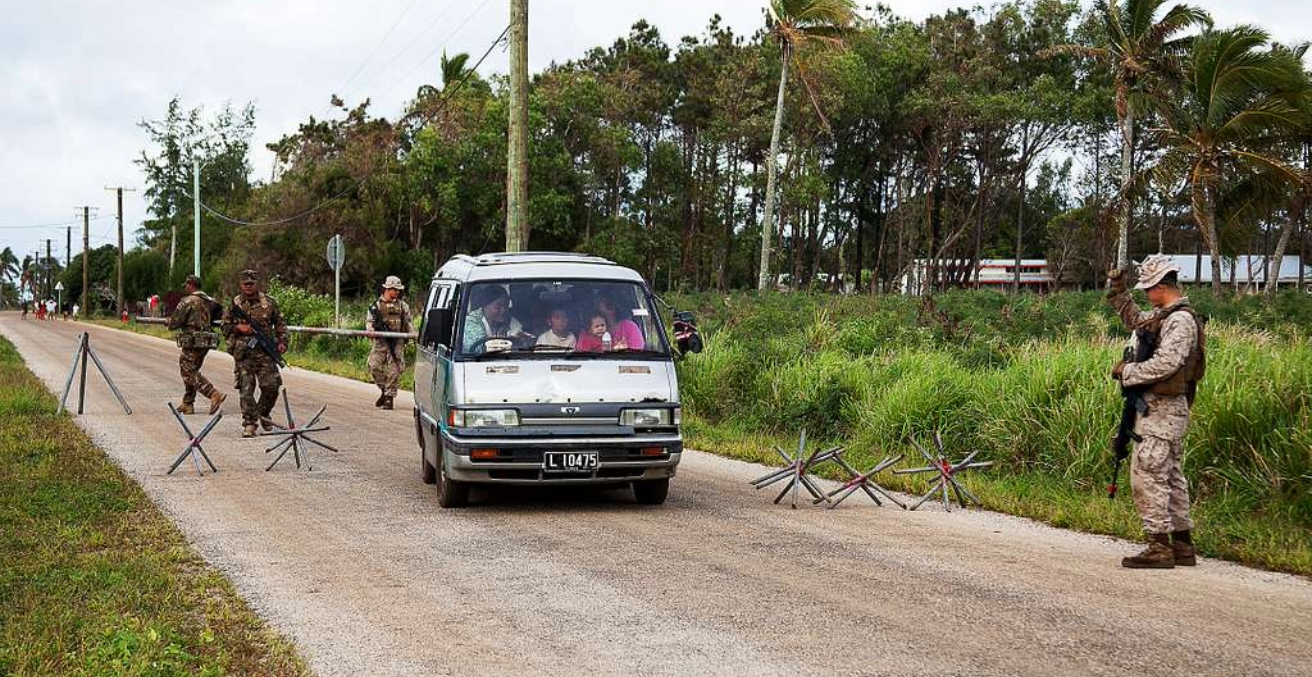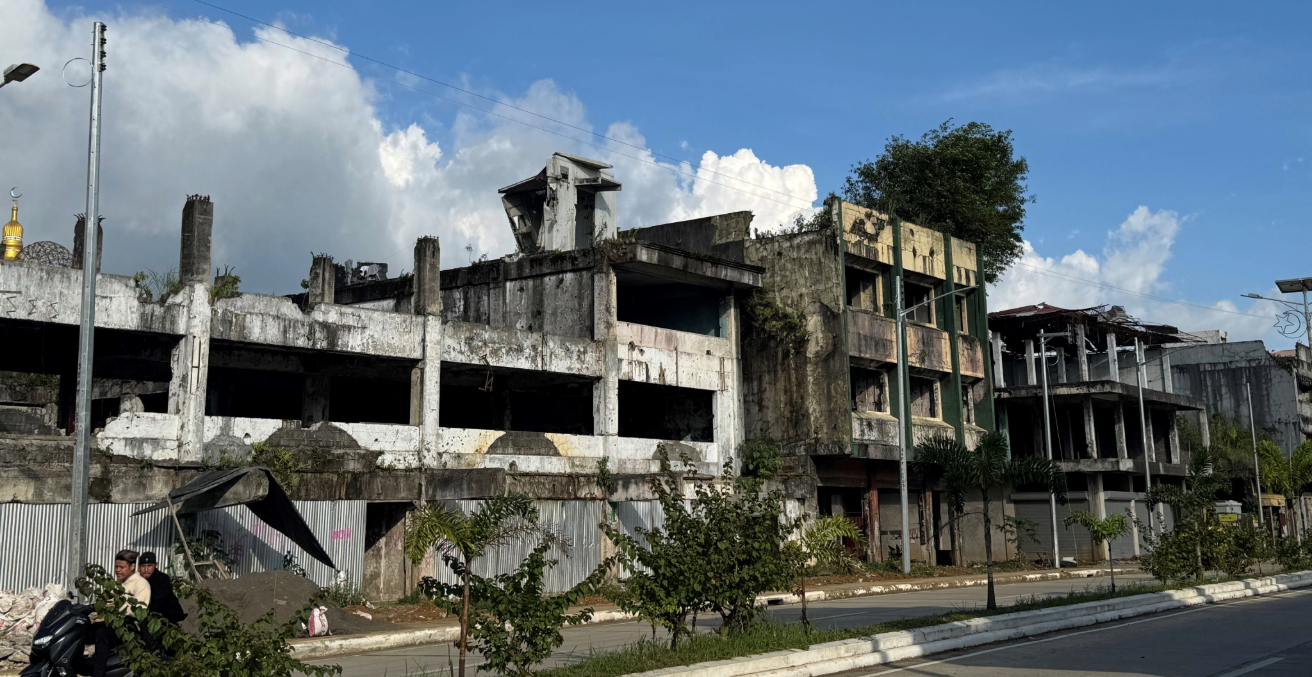After five years of military rule, Thailand is finally returning to the polls on 24 March. But with a new constitution and a crowded field of candidates, the results will be difficult to predict.
Thailand is a country gifted with fertile soils, abundant tourist attractions and a geographic location largely free of natural disasters. But since 2006, it has been beset by political instability, including two coups, large-scale and lethal street violence and a deep polarisation of Thai society along lines including class, region and values. Will the election on Sunday 24 March resolve these problems? Allowing the country to move on from what Thais call the wongjorn ubart – the evil cycle? It seems almost too much to ask for a country that, since it became a constitutional monarchy in 1932, has spent almost seven years of every decade under military rule. Nonetheless, hope springs eternal, and some 96.5 percent of eligible voters intend to vote in the 2019 election. That the equivalent figure was only about a third in 1969, demonstrates the extent to which ordinary Thais now believe they should have a say in the administration of their country.
This election follows one of Thailand’s longest recent periods under military rule. The coup of May 2014 was supposed to institute “reform such as the country had never seen before.” But few would say that the country has moved forward in any real sense. Yes, many may have been content to see the military shepherd the critical royal transition, from beloved monarch Bhumiphol Adulyadej Rama IX who passed away in October 2016 to his son Maha Vajiralongkorn Bodindradebayavarangkun Rama X. But in the meantime, income inequality has worsened, corruption has not improved and politically, the country appears to have gone backwards – the new constitution provides for an appointed senate that guarantees military officers seats in parliament.
Indeed, the 2017 constitution reflects the deep divisions that remain. Because the junta-appointed senators are able to vote in the joint sitting that will determine the next prime minister, this is a democracy muzzled. It is a system intended to constrain the party likely to gain the largest number of seats in Parliament, Pheu Thai, and in particular prevent the return of its spiritual leader, exiled former Prime Minister Thaksin Shinawatra. Because the consultation process preceding the referendum that passed the constitution in 2016 was rushed and limited, it is unlikely the Thai public understood this design feature. If General Prayuth Chan-Ocha becomes Prime Minister with as little as 25 percent of the seats in the lower house, the scene is set for deep dissatisfaction and possible unrest.
In this election General Prayuth, the gruff former army general starts as favourite. If his own party Phalang Pracharat can either win 126 seats (unlikely) of the 500-member lower house or assemble this number through a coalition, he will likely have the support of enough senators to give him the majority of the 750 members of the joint sitting required to become the next prime minister. Described as a “grotesque clown” by Thailand’s intellectuals, Prayuth has striven earnestly to “Return Happiness to the People” (the title of a weekly program where he recites the government’s activities). He has cleaned up street stalls, cracked down on people trafficking, regulated taxis and built infrastructure. But the economy is his Achilles heel. Economic growth has rarely nudged above 3 percent of GDP over the last five years. Although there are long-term plans for lifting Thailand out of its “middle-income trap,” including through linking Thailand’s own infrastructure development to China’s Belt and Road, these are years away from delivering growth. In the meantime, Lung Du as he is known, is not popular with Thai youth, some seven million of whom will vote for the first time in this election.
Abhisit Vejjajiva, the leader of Thailand’s oldest political party the Democrats, may also have a chance to form a government. Abhisit has pursued a clever strategy reminiscent of the protagonists of the Chinese classic of strategy, Sam Kok (Romance of the Three Kingdoms), stating that he will not support Prayuth returning as Prime Minister, but not ruling out accepting the votes of Prayuth’s party Phalang Pracharat. As the Democrats are on track to win the second largest number of seats, with strong support in Bangkok, central Thailand and Southern Thailand, this is a real blow to Prayuth’s chances. On the other hand, Abhisit could reach 126 votes in a Democrat-Phalang Pracharat coalition and be seen as an acceptable compromise candidate by the appointed senate. The Democrats, originally a royalist party, are reformist but moderate. To their credit, as Abhisit recently reminded voters, they are the only party to have ever attempted serious reform of the military.
Pheu Thai and their smaller cousin, Pheu Chat, look set to be the largest party in parliament, with rock-solid support in Thailand’s north and northeast regions. That they will be unable to form government, at least in the short-term, will be a visible reminder of the constitution’s legitimacy deficit. At the same time, Thailand’s conservative elites and bureaucracy will be pleased to see this as concerns remain not only about the return of Thaksin, but also about the return of Pheu Thai’s financially irresponsible populist policies towards the rural sector.
One of the most interesting developments in this election has been the emergence of an entirely new party, the Future Forward party headed by the charismatic, energetic and liberal Thanathorn Juangroongruangkit. Thanathorn has stated that his paramount goal is to see the end of military coups in Thailand, and real democracy established. His conviction on matters of political reform, returning the military to the barracks and strengthening Thailand’s justice system, is galvanising. He has quickly won support amongst Thailand’s younger voters, and while his party will not win many constituency seats in the first-past-the-post system, Future Forward may win enough party-list seats from proportional voting for Future Forward to establish a bloc in the new parliament. Future Forward, however, faces some legal challenges on relatively minor matters. Some have read this as evidence that the establishment sees Thanathorn as a threat and are trying to hobble him via judicial means.
While the election is this Sunday 24 March, we will probably not know the result immediately. Uncertainty about who will lead what means there is almost certainly going to be a minority government continuing for some time. As well as the bargaining that will need to take place to form a coalition, the final vote determining the next prime minister will require the new parliament to be assembled. Close results in individual seats requiring recounts or other factors could delay this. But by law, the electoral commission must announce the results of the election by 9 May.
Dr Greg Raymond is a Research Fellow in the Strategic and Defence Studies Centre at the Australian National University and the author of Thai Military Power: A Culture of Strategic Accommodation (NIAS Press, 2018). You can follow him on Twitter at @GregoryVRaymond.
This article is published under a Creative Commons License and may be republished with attribution.




